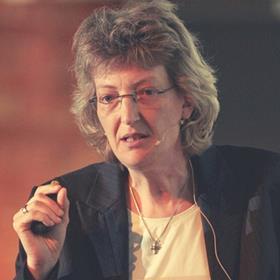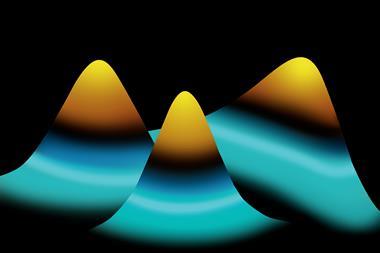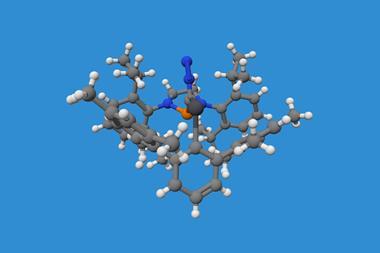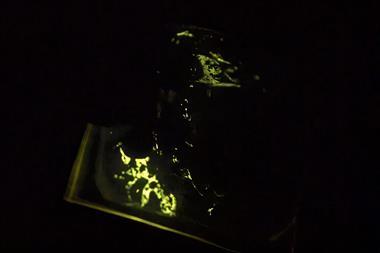This webinar provides attendees with a clear definition of technical lignins, where they come from, and why they are so important for tomorrow’s circular economy. Waters Advanced Polymer Chromatography (APC) provides a suitable system which combines Lignin-SEC with an unparalleled analysis speed, which is 5 to 20 times faster than before.
The system can be applied to underivatized and acetylated lignin samples in different solvent systems. In addition, fragments of lignin, which are obtained after degradation reactions can be readily analyzed using Waters UPC2-QTof combinations.
By the end of this webinar, you will understand:
- The value of lignin analysis in order to effectively introduce the biopolymer into utilization streams
- How to gain insight into the possibilities and limitations of working with lignins
- How to leverage the benefits of Advanced Polymer Chromatography (APC) to increase sample throughput using a classical SEC approach

Waters Corporation, the world’s leading specialty measurement company, has pioneered chromatography, mass spectrometry, and thermal analysis innovations serving the life, materials, and food sciences for more than 60 years. With approximately 7,200 employees worldwide, Waters operates directly in 35 countries, including 15 manufacturing facilities, and with products available in more than 100 countries.

Speaker: Antje Potthast, professor, Institute of Chemistry of Renewable Resources

















